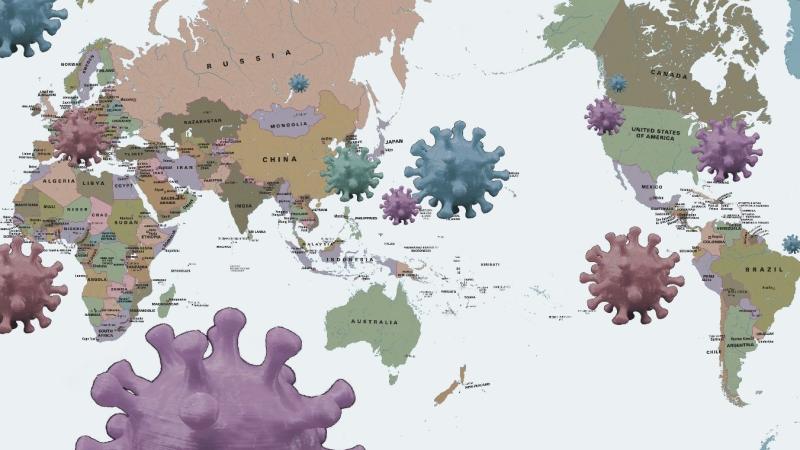Gaming faculty and students at Rensselaer developing creative responses to pandemic
May 1, 2020

Combatting the COVID-19 crisis will require researchers to tackle the problem with a range of strategies and tools — and that includes gaming.
Faculty and students in the Games and Simulation Arts and Sciences (GSAS) program at Rensselaer Polytechnic Institute are developing a number of creative responses to the ongoing pandemic, and they are encouraging others doing the same.
The Rensselaer Center of Excellence in Digital Game Development is currently seeking proposals for digital games that focus on public health education and awareness in support of the New York state response to the COVID-19 pandemic. For New York state residents only, they are offering up to $4,750 per submission to offset development costs.
The development of games related to health care, education, and the combination of the two is not new territory for the GSAS program. For example, in collaboration with the Icahn School of Medicine at Mount Sinai, faculty and students are developing a video game called Cure Quest.
This game aims to improve the understanding of the complex process of bringing a drug or vaccine from the research bench to the bedside of a patient. According to Ben Chang, a professor of arts and the director of GSAS at Rensselaer, Cure Quest will bridge the gap in med school education between the clinical side of medicine and basic research.
“Cure Quest will allow medical students to tie together the necessary steps for vaccine development in both dramatic cases, like we’re seeing right now with COVID-19, and in drugs we would use day-to-day,” Chang said.
The main character in the game is sent to an island where a new disease is threatening the population, and they must overcome obstacles in pursuit of a drug to cure the disease. When its development is complete, Chang envisions Cure Quest being used by the general public, as well as by students in scientific and medical fields, to better understand the drug development pipeline.
Additionally, Kathleen Ruiz, an associate professor of arts and GSAS at Rensselaer, recently designed a game called Rule 73, which was presented at a virtual international workshop, “Wargaming the Pandemic’s Effects,” hosted by King’s College in London.
Rule 73 is a speculative strategic peace game simulation that plays the mainstream news in various scenarios to attempt to determine the causes of the COVID-19 pandemic and the resulting short-, mid-, and long-term sociocultural, economic, and political ramifications. Ruiz hopes that the game provides a safe place for players to address concerns and play out their analytical theories.
“After the initial tragic shock of the health and economic losses due to COVID-19, I thought there would be a need to address the various narratives that would arise globally,” Ruiz said. “Rule 73 is a proposal for the future that creatively uses advanced game and simulation technology to introduce people to new worlds, perspectives, and systems. This can help us understand emerging knowledge and the vital need to work together globally for a sustainable, resilient future.